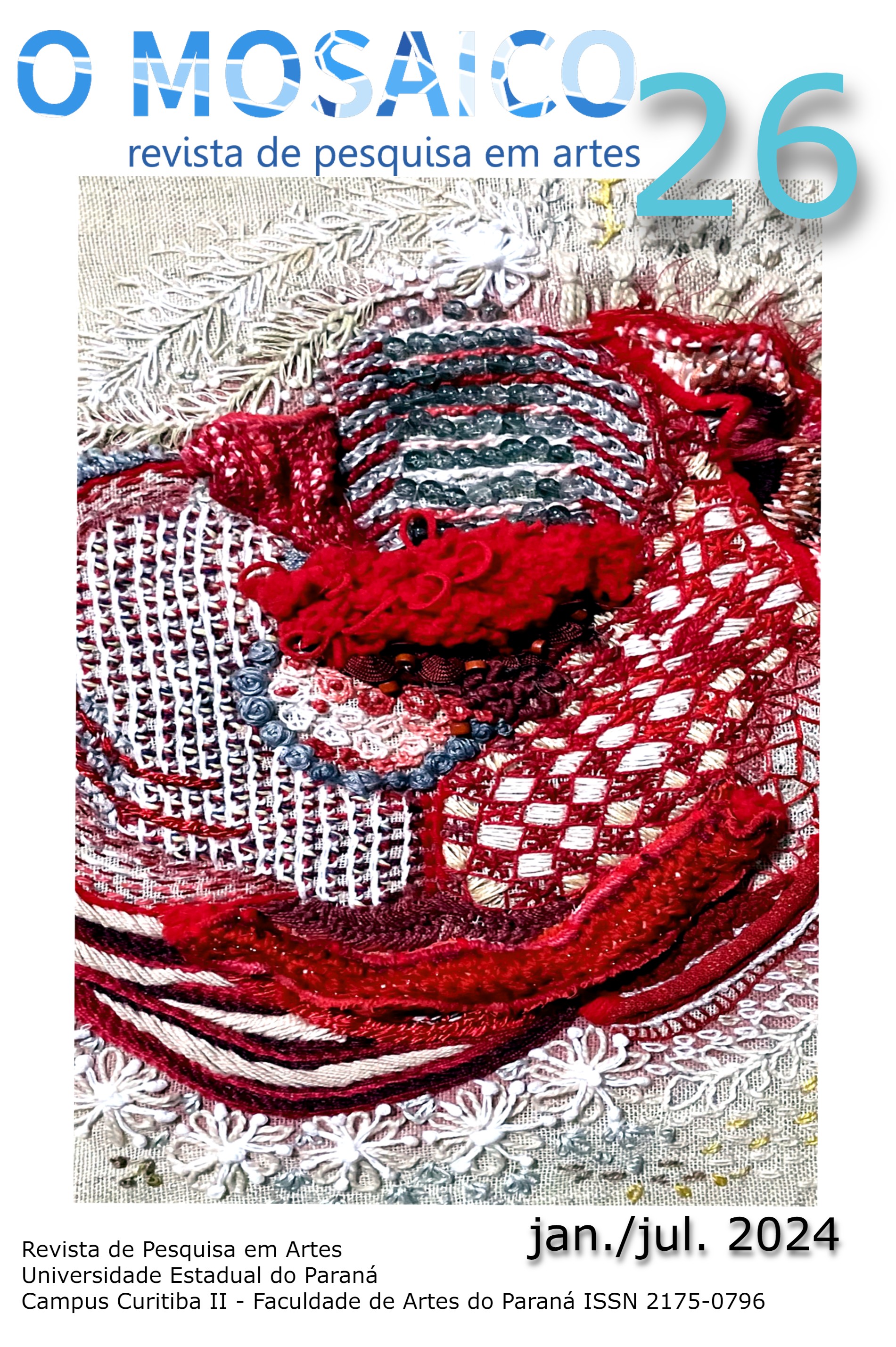AGITPROP, BRECHTIAN THEATER AND BRAZILIAN MILITARY DICTATORSHIP:
TRAJECTORIES OF DELIBERATIVE POLITICAL THEATER
DOI:
https://doi.org/10.33871/21750769.2024.18.1.8901Keywords:
teatro político; agitprop; teatro brechtiano.Abstract
In this article, an excerpt from a course completion work in the area of theater-degree, entitled “Political Action in the Contemporary Scene: a dialogue between history and the present” (2015), which investigated the political dimension of theater making is presented. , both in 20th Century Europe and in Brazil after the outbreak of the 1964 Coup. In the case of this section, the study focused on the attempt to conceptualize the term political theater, considering influences from movements such as Agitprop in the former Soviet Union, the theater practiced in Germany between the wars, with reference to works by Erwin Piscator and Bertolt Brecht and the theatrical context during the Brazilian Military Dictatorship. To this end, authors such as Bernard Dort; Margot Berthold; Patrice Pavis, Silvana Garcia, Fernando Peixoto, among others, contribute to the discussion. In view of this study, we sought to understand how theater, at certain moments in history, was used as a deliberative means of expression and social contestation, contributing to critical reflection and political awareness.
Downloads
Downloads
Published
How to Cite
Issue
Section
License
Copyright (c) 2024 O Mosaico

This work is licensed under a Creative Commons Attribution-NonCommercial-ShareAlike 4.0 International License.
The authors retain the copyright, when licensing their production in the journal O Mosaico, which is licensed under a Creative Commons license. When submitting the work, and upon acceptance, the author assigns his/her copyright for publication in the journal. Readers can download, print and use the articles published in the journal, as long as there is always an explicit mention to the author (s) and to the O Mosaico, and no changes to the original work are allowed. When submitting an article to the journal O Mosaico and after accepting it for publication, the authors allow, without remuneration, to pass the following rights to the journal: the first edition rights and the authorization for the editorial team to transfer, according to their judgment, this article and its meta data to indexing and reference services.

